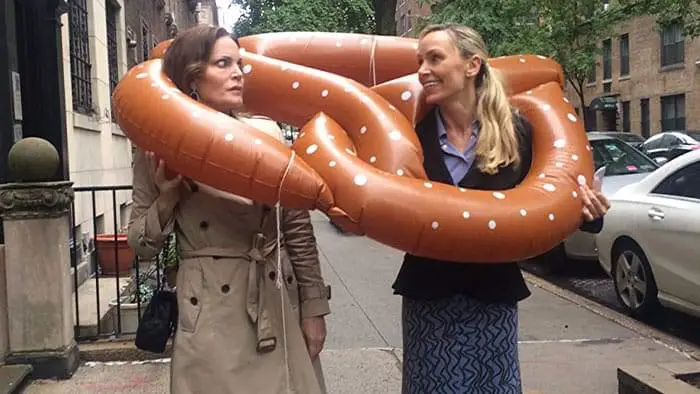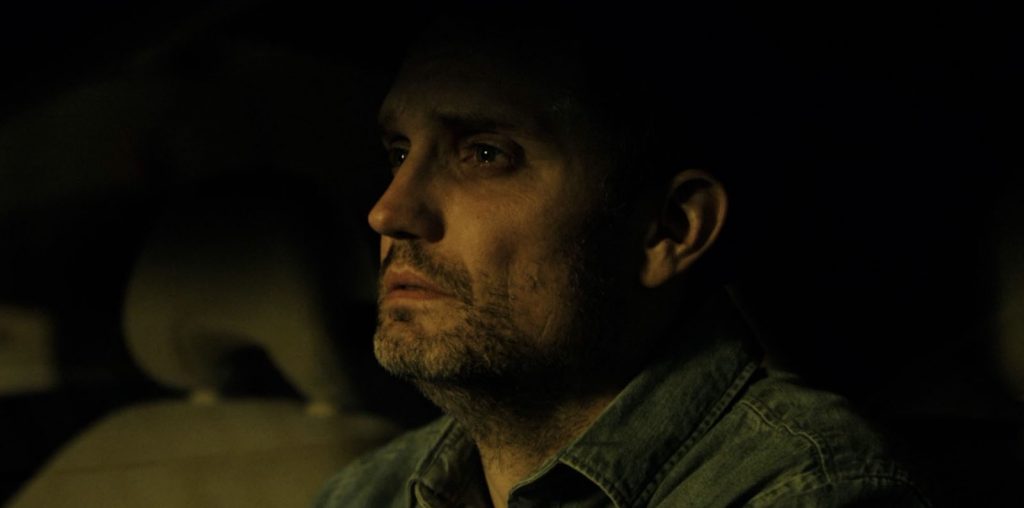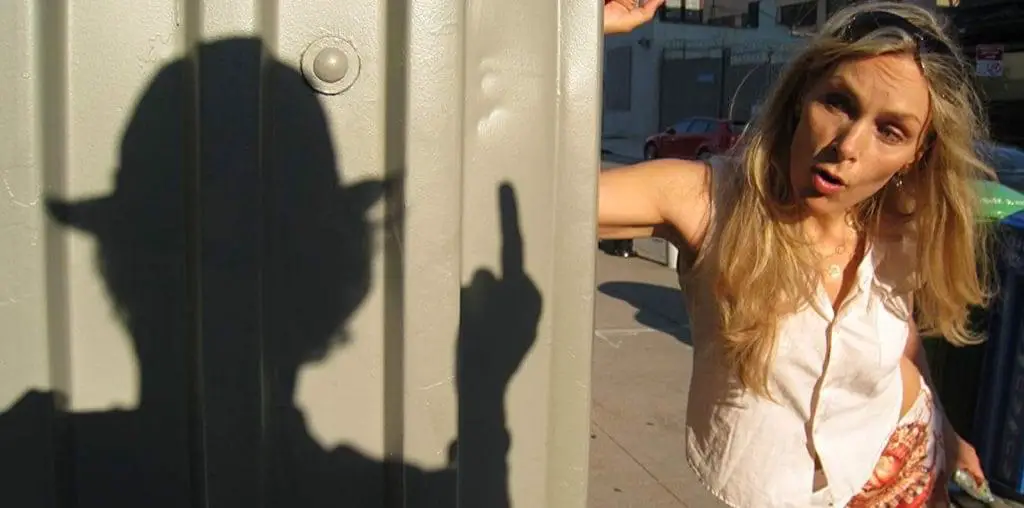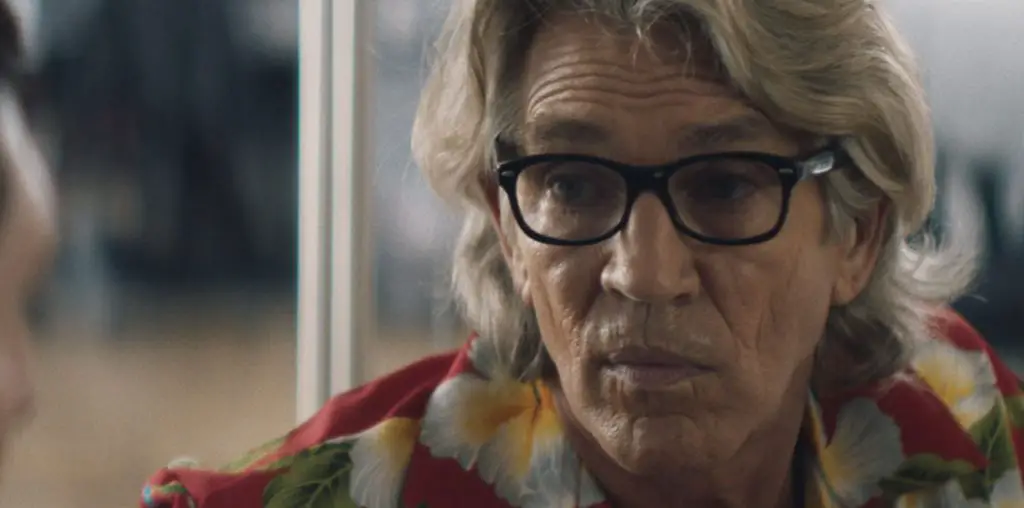
So, let’s get into just the process then. You’re making low budget indies. What people tell me over and over again, is the secret to making a great movie is the crew you hire. How did you assemble your crew, especially on the lower budget projects?
First of all, you got to have a good blueprint. You have to have a good script. You can have the best crew, but if the script sucks, nobody wants to see it. It has to be a riveting story, something that is of interest to a lot of people…unless you have a really big name. But even then, it should be a good story.
Putting a crew together is a challenge. I started with my first DP—a technical wiz. On the first day, he had a heart problem and, rightly, had to drop out. So I had to rethink. I went to Film Fatales. It’s a women directors’ organization. They’re wonderful. They recommended somebody, and in a matter of 12 hours, I had a new cinematographer. She just started shooting with me, and she had to improvise a lot because she was so new to the project.
For my sound recorder, I went on a recruiting website, and I found somebody. I had to fire that person, even though he boasted a massive list of films he had done, including big films that had gone to Sundance. He turned out to be a real con artist. Thank God, I found out the second day of shooting. He was difficult.
I found somebody from Tri-Tone, which is a good Brooklyn company. But that was literally off the Internet. And so, you’ve got to be prepared.
The Film Fatales were amazing in terms of finding an editor. I found Peter Mostert from a studio here in New York City. Hooligan in New York City, they’re called, and that’s a beautiful editing suite. And he did an amazing job. I mean, we connected right off the bat. He understood the story, and he also cuts from his guts. He goes very fast, from his gut. And then he takes feedback from me. So it was a great collaborative effort.

“…you got to have a good blueprint. You have to have a good script.”
For the sound mix, I worked with Thomas Campbell, who I had worked with on short films. He’s also a filmmaker and a great friend. He helped us with camera and some color correction. So that was a blessing to have somebody I’ve worked with before, and I could trust. And he’s also an associate producer, people like that. Yeah. And the actors, that was a whole other thing.
Let’s talk about film festivals. Let’s see. What is your basic philosophy in terms of why festivals are important and how you choose or basically how you strategize taking a film to a festival?
That’s a very good question. First of all, for any new filmmaker, if you blindly submit your film to the biggest festivals, you’re going to lose a lot of money. If you don’t have any known people in it or if they don’t know about you, it can fall through the cracks, and you’re going to lose thousands of dollars.
The Film Fatales, once again, helped me because I was a woman director. So there are a lot of women-centric film festivals like Moondance. I was a finalist of the Big Apple Women’s Film Festival, where I had the world premiere. I also spend a lot of money on some other film festivals, like the Berlin Film Festival. You have 200 euros, $250 are gone, and I don’t know anybody there.
I recommend going to festivals that have distributors attend. They usually participate in panel discussions—the Idlewild International Film Festival I love. Steven Savage is the president. And I found a distributor there. I did not go with him in the end, but that gave me a real boost in confidence. And I also won “Best Director” there— the Mary Austin Film Award, I won for excellence in directing.
There’s also a networking aspect too.
Yeah, so that was a good networking film festival in Northern California. And then just to have a few laurels from the festivals that are relatively known, but I would not waste my time and only spend a lot of money for festivals that you’ve never heard of.


